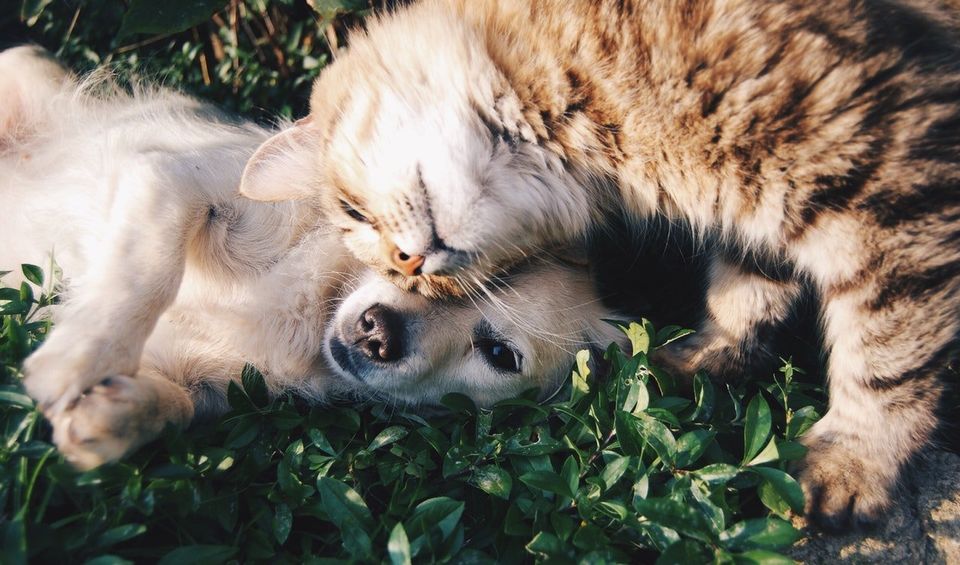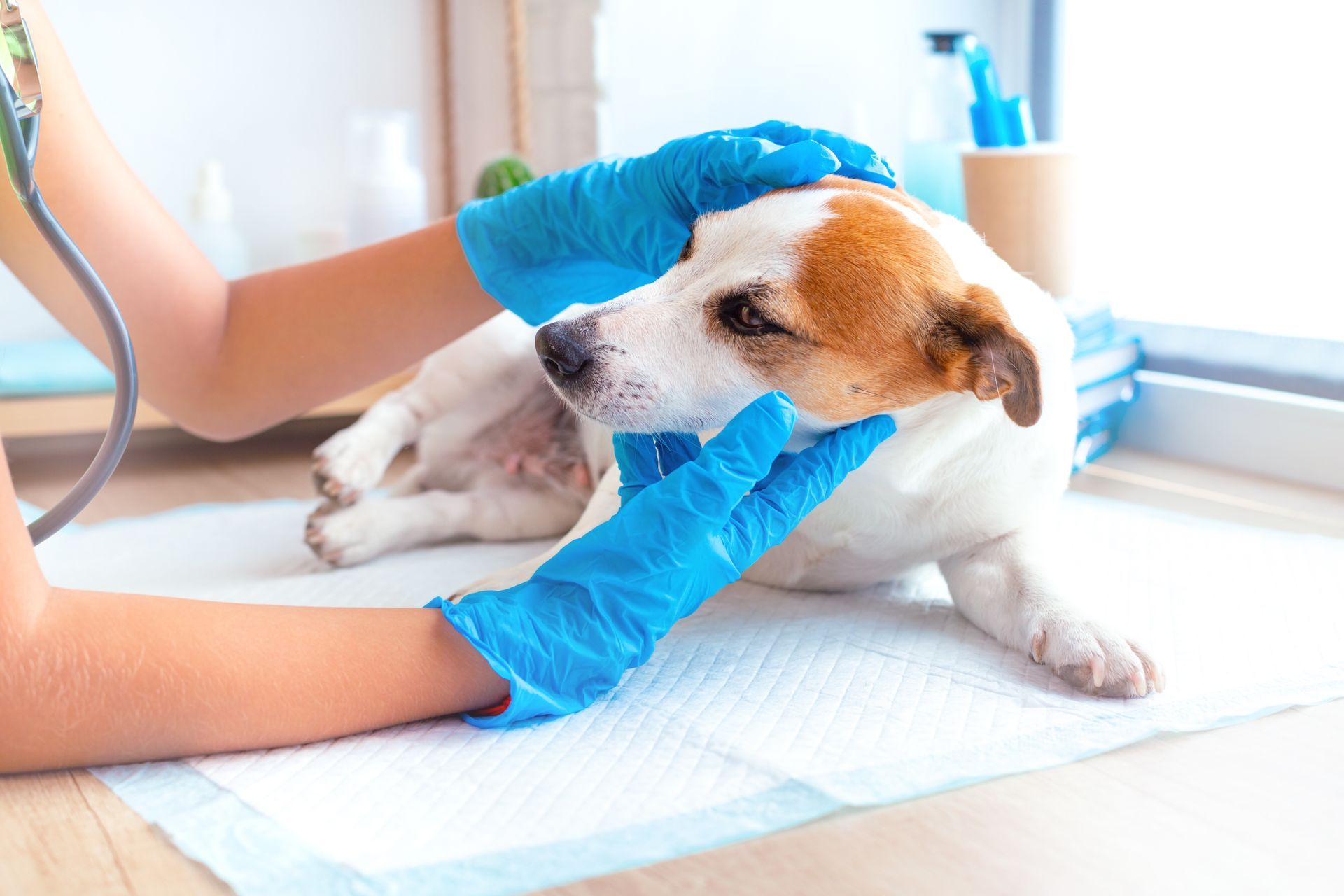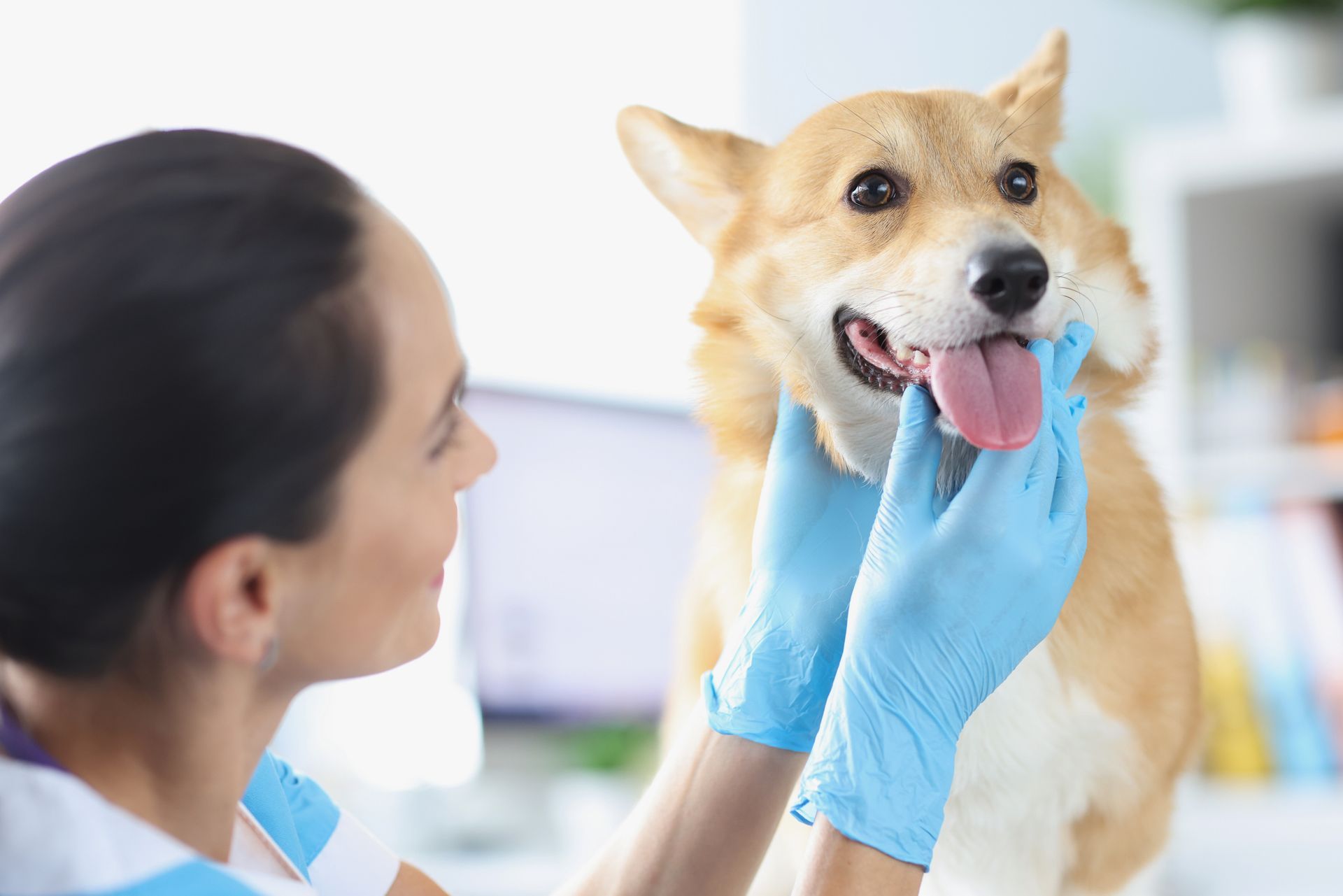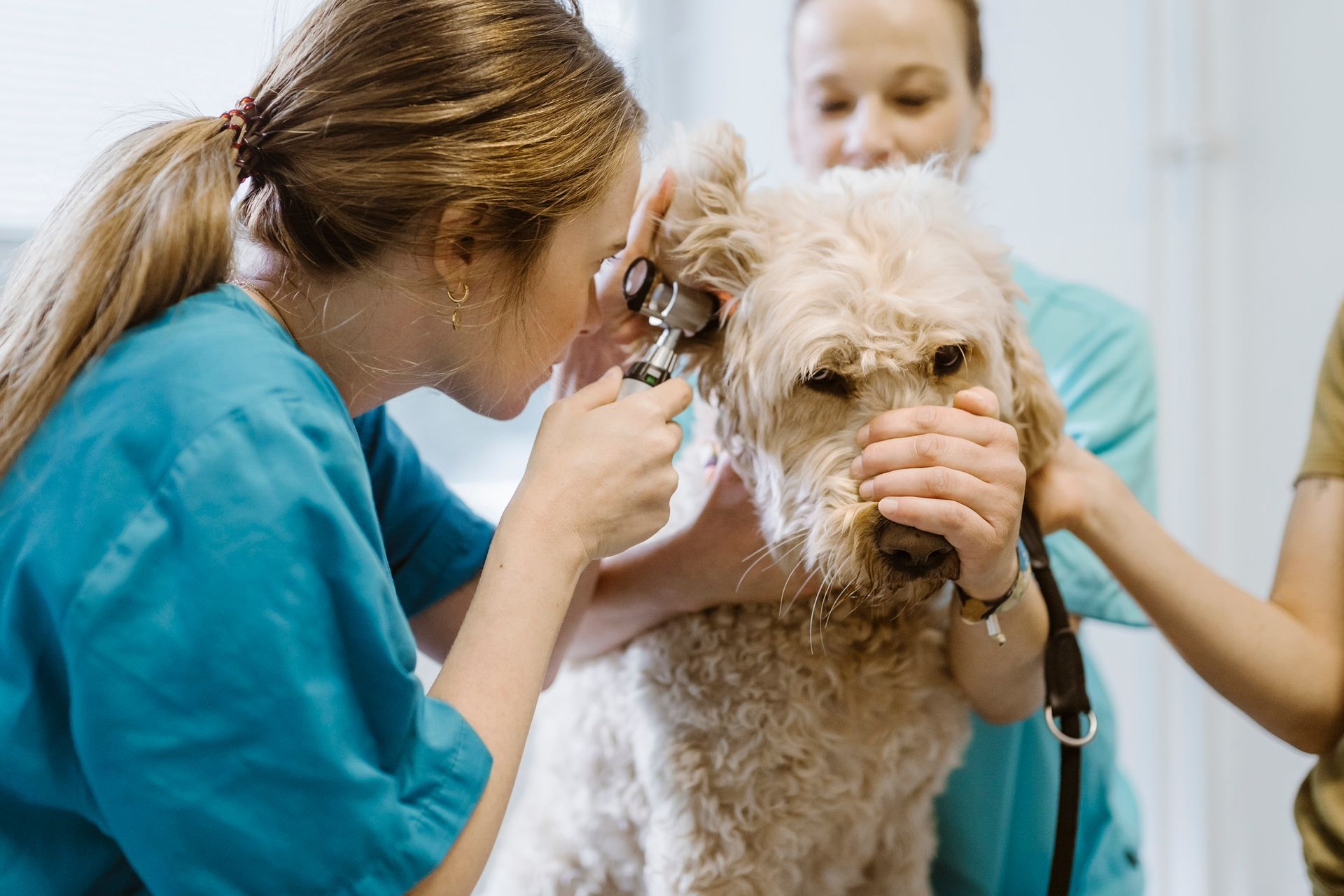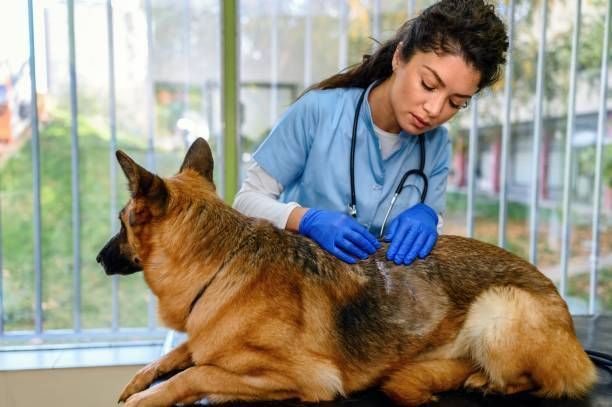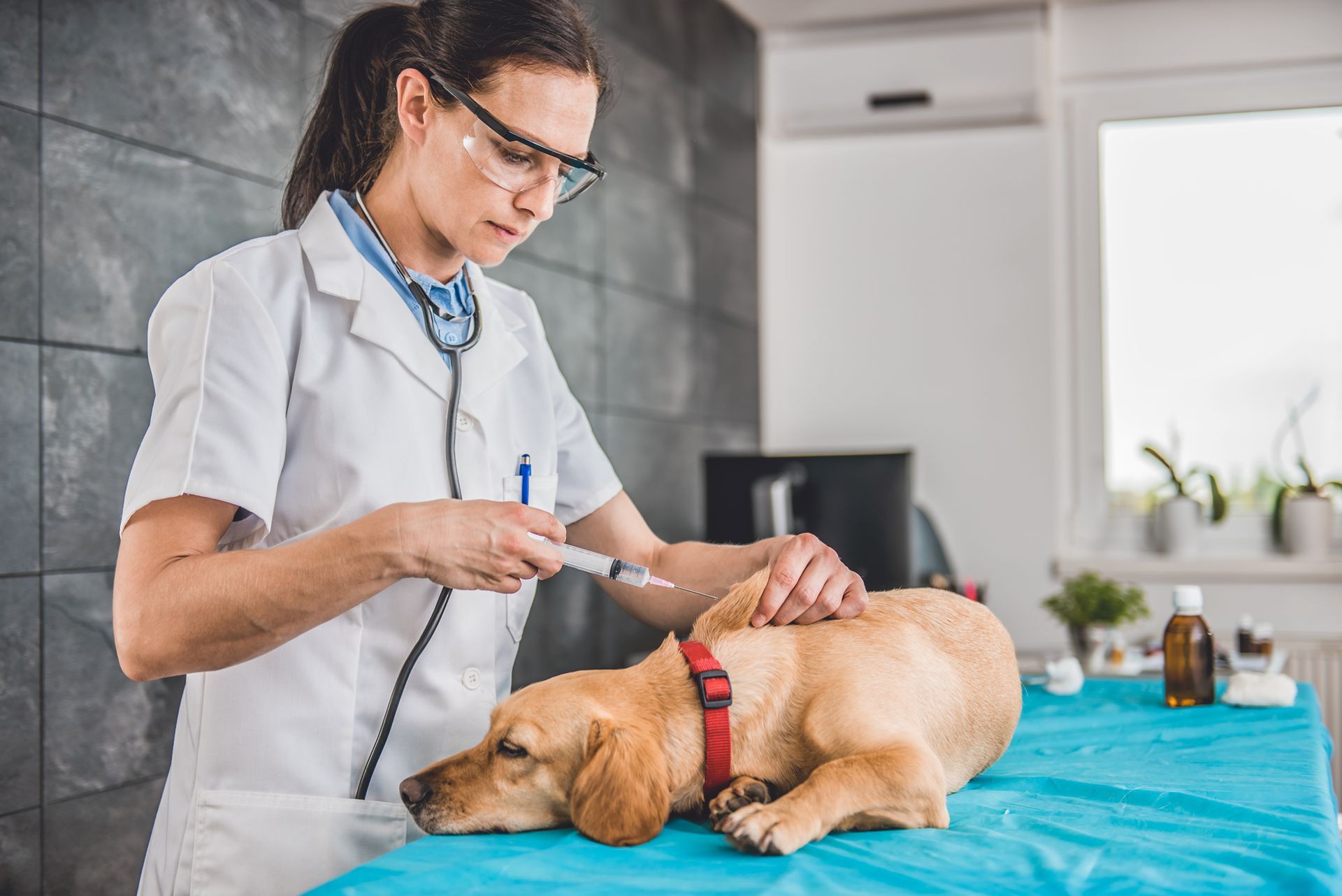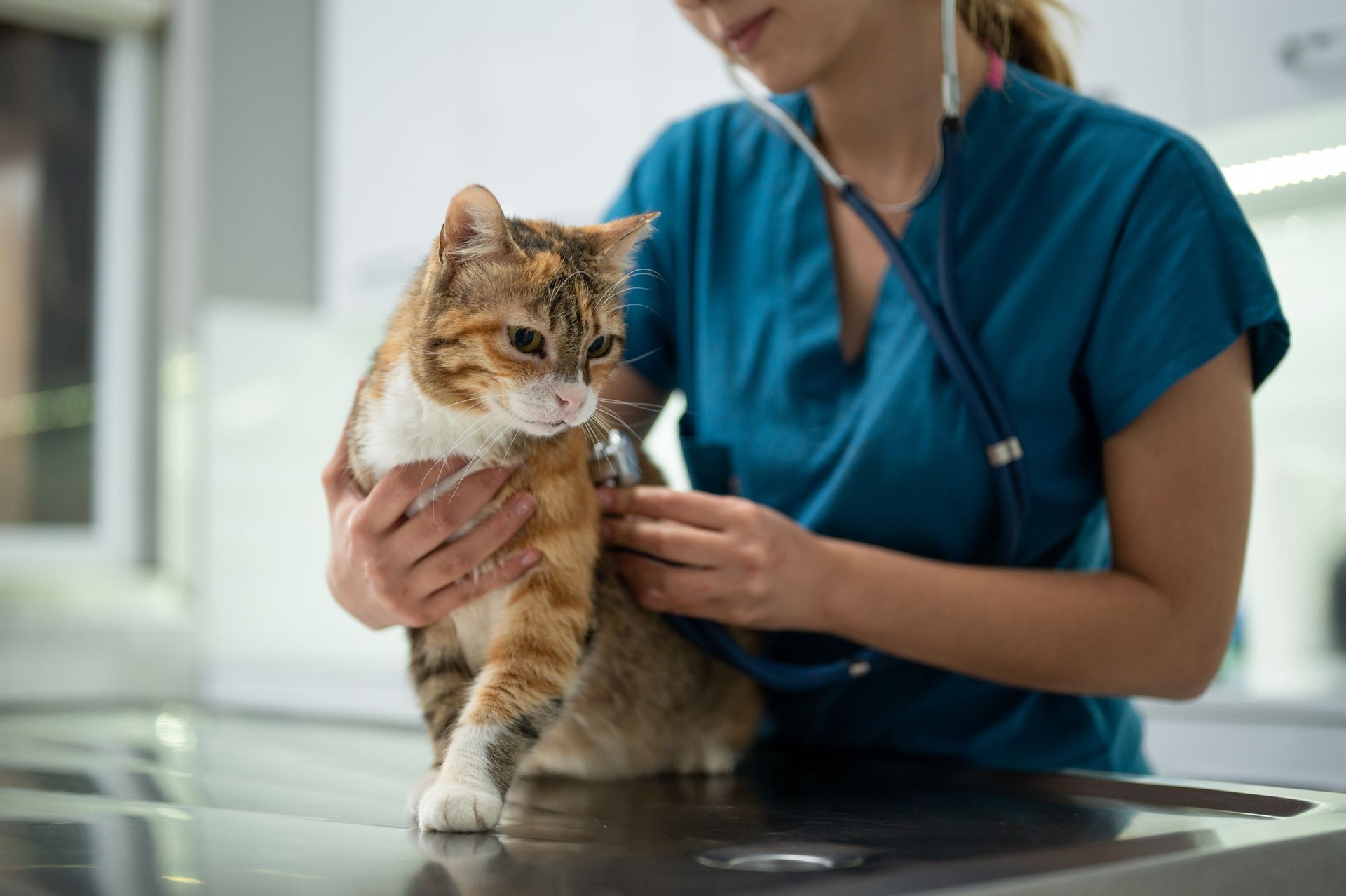What Do You Need to Know About Cats and Fleas?
Admin • April 22, 2019
Your cat is scratching, has an obvious irritation,and seems generally uncomfortable. What's wrong with your usually friendly feline?It's possible
that fleas are the culprit behind your cat's woes. If you suspect this pest, take a look at these answers to common questions about fleas.
Can an Indoor Cat Have Fleas?
Fleas are notorious hitchhikers that require an animal host to live. Infestations often start outside, when a flea(or a few fleas) hop onto the animal.
The pet then brings the fleas indoors and into your home. But this isn't the only way your cat can get fleas
An indoor cat can have fleas if:
- You have another pet that goes outdoors. Your dog can pick up fleas on their daily walks, bringing them into your home and straight to your cat.
- Wild animals live near by your home. Raccoons, squirrels, mice,and other wild mammals can bring fleas near or even inside your home.
- Your home already has fleas. A new rental or recently purchased home could have an existing infestation in the furniture or carpeting.
- You bring them in. While not as common, humans can bring hitchhiking fleas into the home.
What Are the Symptoms of a Flea Infestation?
How do you know that your cat has fleas? Common symptoms include:
- Itching. Your cat may suddenly scratch themselves often. While this is a top sign of an infestation, other issues (such as a dermatologic condition or other irritant)can also cause itching in cats.
- Red skin. The constant scratching can cause noticeably red, irritated skin. Your cat may also have small sores.
- Fleas. Look for the small, dark bugs on your cat's belly area or around their tail. Use a flea comb to carefully investigate their fur.
- Flea dirt. The small, black flecks are flea feces. A flea comb can expose these as well
Can a Cat Use Dog Flea Treatments?
While cats and dogs can benefit from flea treatment and preventative methods, the specific medications given to each type of animal differ. Using your dog's flea treatment on your cat can prove fatal. Specific types of treatments that cat owners should avoid include:
- Pyrethrins/pyrethroids . These are common ingredients in many commercially prepared spot flea treatments (the type you drop on your dog's neck). Cats are extremely sensitive to this ingredient and can experience allergic reactions, tremors, seizures, or death from exposure.
- Organophosphates
. Commonly used in garden insecticide sand dog flea collars, over exposure in cats can prove fatal or causes ymptoms
that range from drooling to seizures.
- Citrus extracts
.
Even though these products may seem like a natural choice for cats, in felines citrus extract can cause liver damage or
failure
What Flea Treatments Are Available for Cats?
If you can't use your dog's treatment, what can you use on your cat? The answer depends on your cat, their health,and the infestation. Common options include:
- Spot treatments . Even though these behind-the-neck treatment doses may seem like the same medication you give to a dog, feline versions are specially formulated for a cat's delicate physiology
- Oral medications . Your vet may prescribe an oral medication (pill) to stop and prevent fleas from infesting your cat.
- Home treatment
. Along with treating your cat, you also need to remove the fleas from your home. A pest control expert can help you to
do this in a pet-safe and effective way.
Does you rcat have fleas? Contact Baywood Animal Hospital for more information.

